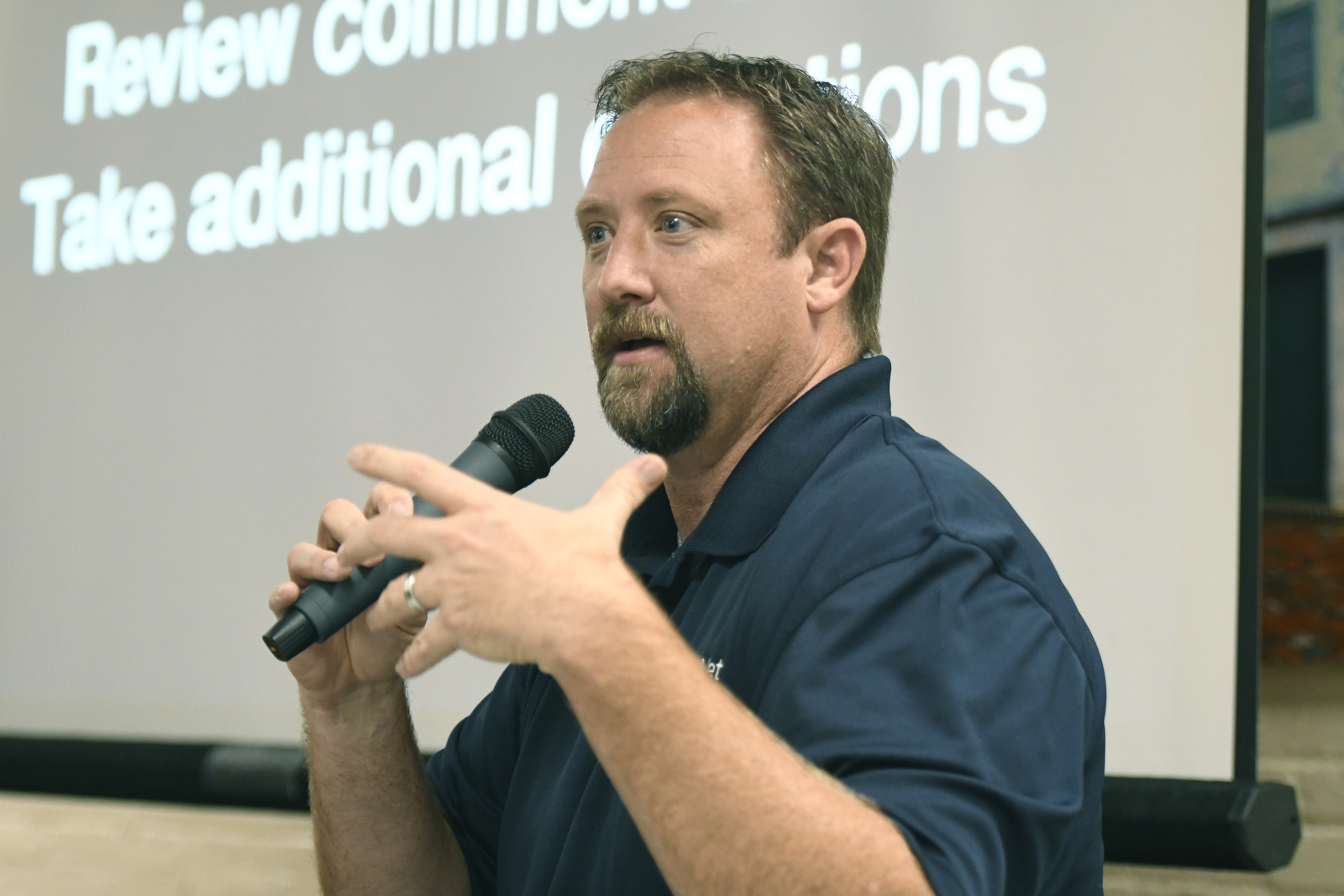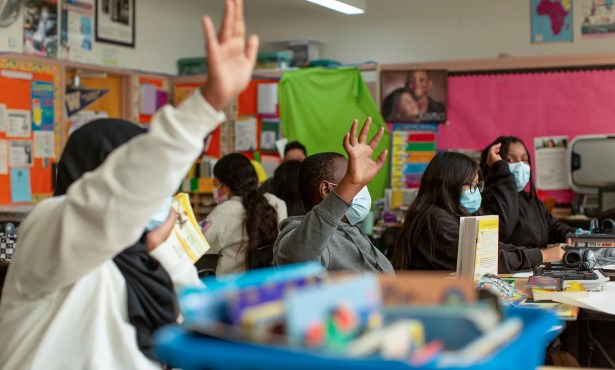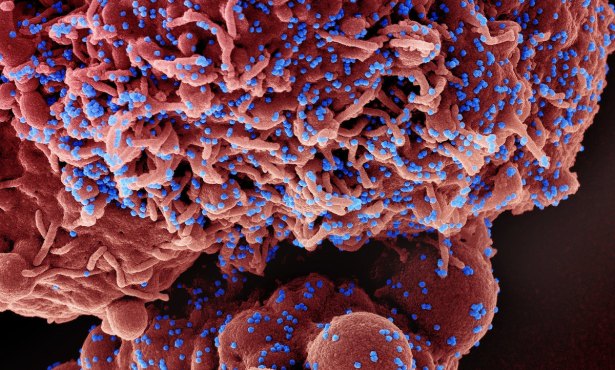City Net Ends Emergency COVID Housing Project for Homeless Residents
Temporary Program Provided Homes to 35 Individuals in Santa Barbara

Like other counties around the state, Santa Barbara County has ramped up its efforts in recent months to provide quarantine housing for homeless individuals vulnerable to the COVID-19 virus. With an estimated homeless population of 1,900 to serve, however, the county’s Project Roomkey effort has leaned on support from homeless services agencies like City Net, which stepped up to provide emergency motel housing to 35 additional homeless Santa Barbarans for three months.
Since April 2019, City Net has operated as part of Connect Home, a partnership with the City of Santa Barbara funded by a Homeless Emergency Aid Program (or HEAP) grant. While City Net typically seeks housing for as many vulnerable homeless individuals as it can on an at-need basis, quickly procuring 35 additional motel rooms at a moment’s notice in response to a pandemic presented a new challenge.
“We had no game plan on day one,” said executive director Brad Fieldhouse. “Our funding wasn’t designated for this.” The feat required a balancing act of reallocating HEAP funds intended for other services. For Fieldhouse and his team, the challenge was to provide housing while “not jeopardize[ing] all those that we have been helping in other contexts.”
Get the top stories in your inbox by signing up for our daily newsletter, Indy Today.
In May, City Net secured 35 rooms spread across three Santa Barbara motels — intended as a transitional bridge to the occupants’ next steps, not a permanent feature. Communication between City Net and its clientele regarding the duration of stay wasn’t always perfect: In an anonymous letter obtained by the Independent, a homeless individual claimed to have been asked to leave a hotel room with only a day’s notice after two months of occupancy.
City Net says it notified clients of move-out dates in July — first 30 days in advance and again with one week left to spare. “We were at the sites on a daily basis checking in with clients,” says Jessica Bruce, chief program officer. “Some clients would open their doors and engage with us, and some refused. There’s only so much we can do if a client is not willing to meet us halfway.”
Even a limited stay, however, provided many clients the breathing room to work with City Net to figure out their next steps. Of the 35 clients in bridge housing, Bruce said, seven have found permanent housing, two have moved to other transitional housing, one has moved to a skilled nursing facility, and one has been reunited with friends or family.
For the remaining clients, hotel rooms supplied by the county through Project Roomkey were one of the next best options. Project Roomkey has provided housing at various durations to nearly 400 individuals in-county since mid-April, according to Kimberlee Albers at County Community Services, and has given at least 30 of those individuals the stability needed to transition to permanent housing.
Project Roomkey spots fluctuate daily, from a high of 130 in early June to 67 as of September 10, by Albers’s estimate. When a window of high availability appeared in early August, Fieldhouse said, City Net worked with the county to offer spots to the 24 remaining individuals who had not yet found replacement housing, although not all individuals accepted the offer. “The county facility did make room for 100 percent of the people who we couldn’t come up with other solutions for,” said Fieldhouse, recalling a “warm handoff.”
At an estimated 1,900 individuals, Santa Barbara County has a far higher homeless population than current transitional housing efforts can accommodate, but those efforts still carry on strong. Project Roomkey recently added $900,000 to temporary housing efforts.
At the Santa Barbara Independent, our staff is working around the clock to cover every aspect of this crisis — sorting truth from rumor. Our reporters and editors are asking the tough questions of our public health officials and spreading the word about how we can all help one another. The community needs us — now more than ever — and we need you in order to keep doing the important work we do. Support the Independent by making a direct contribution or with a subscription to Indy+.


